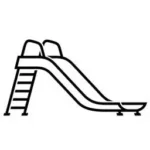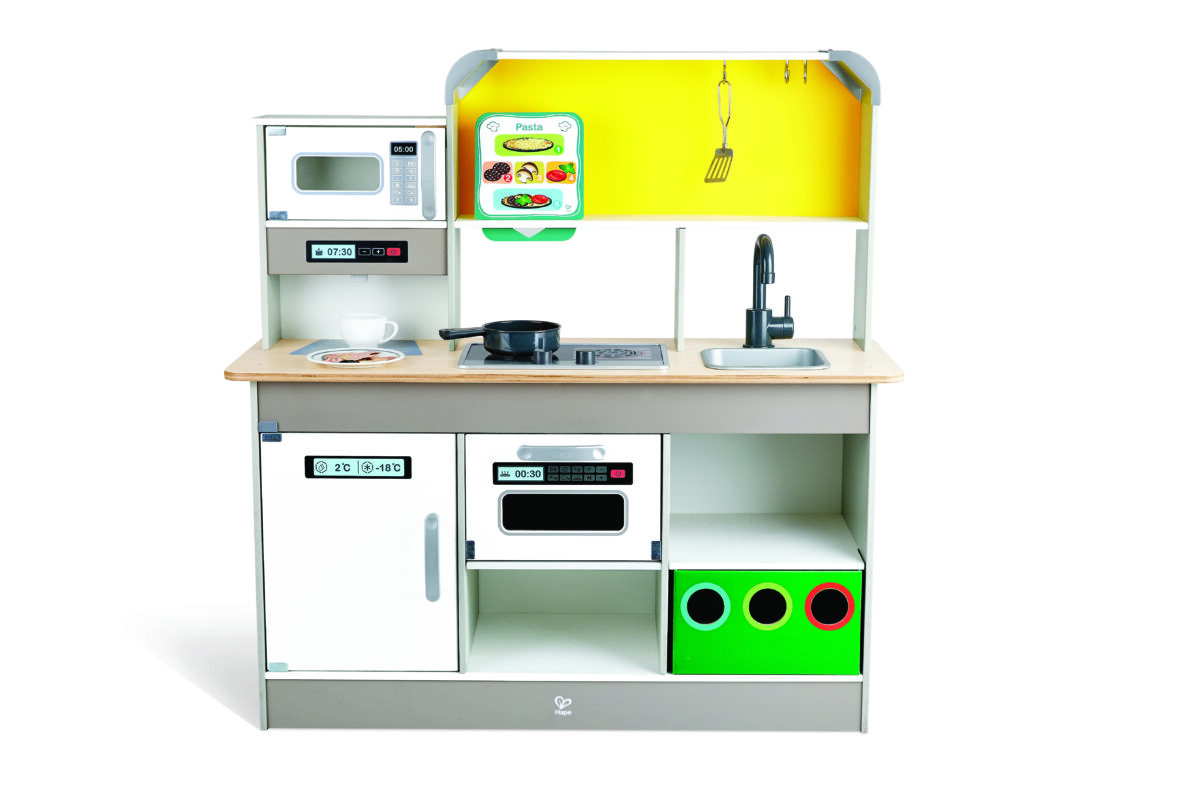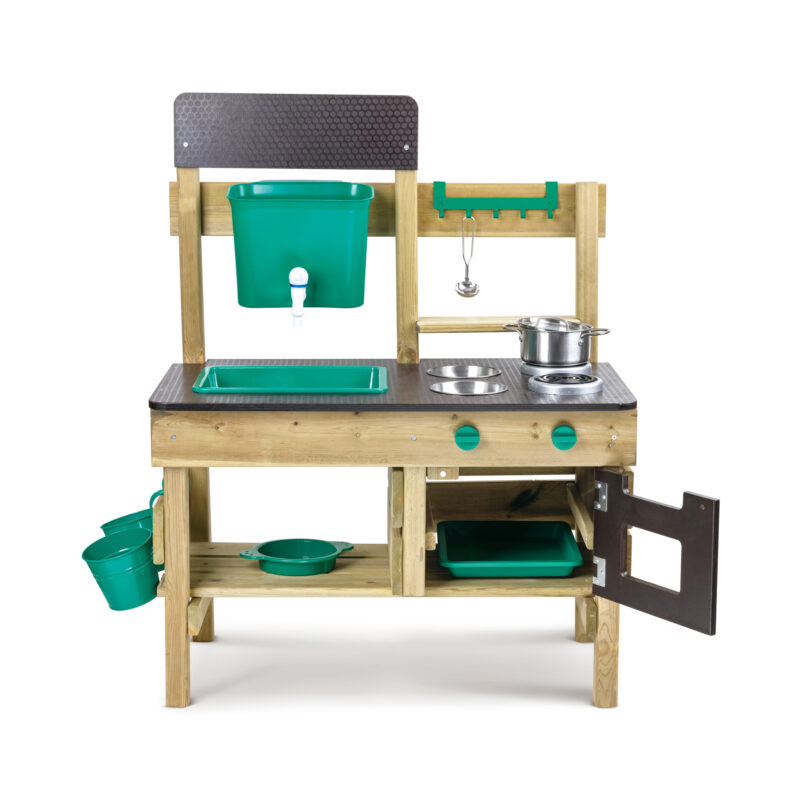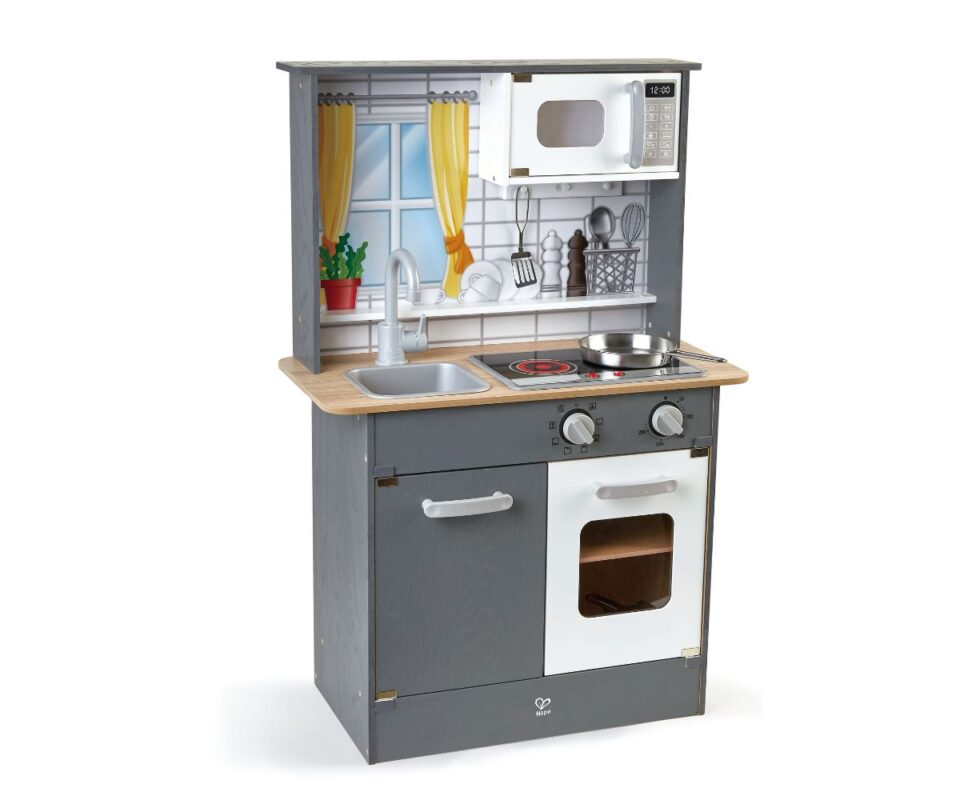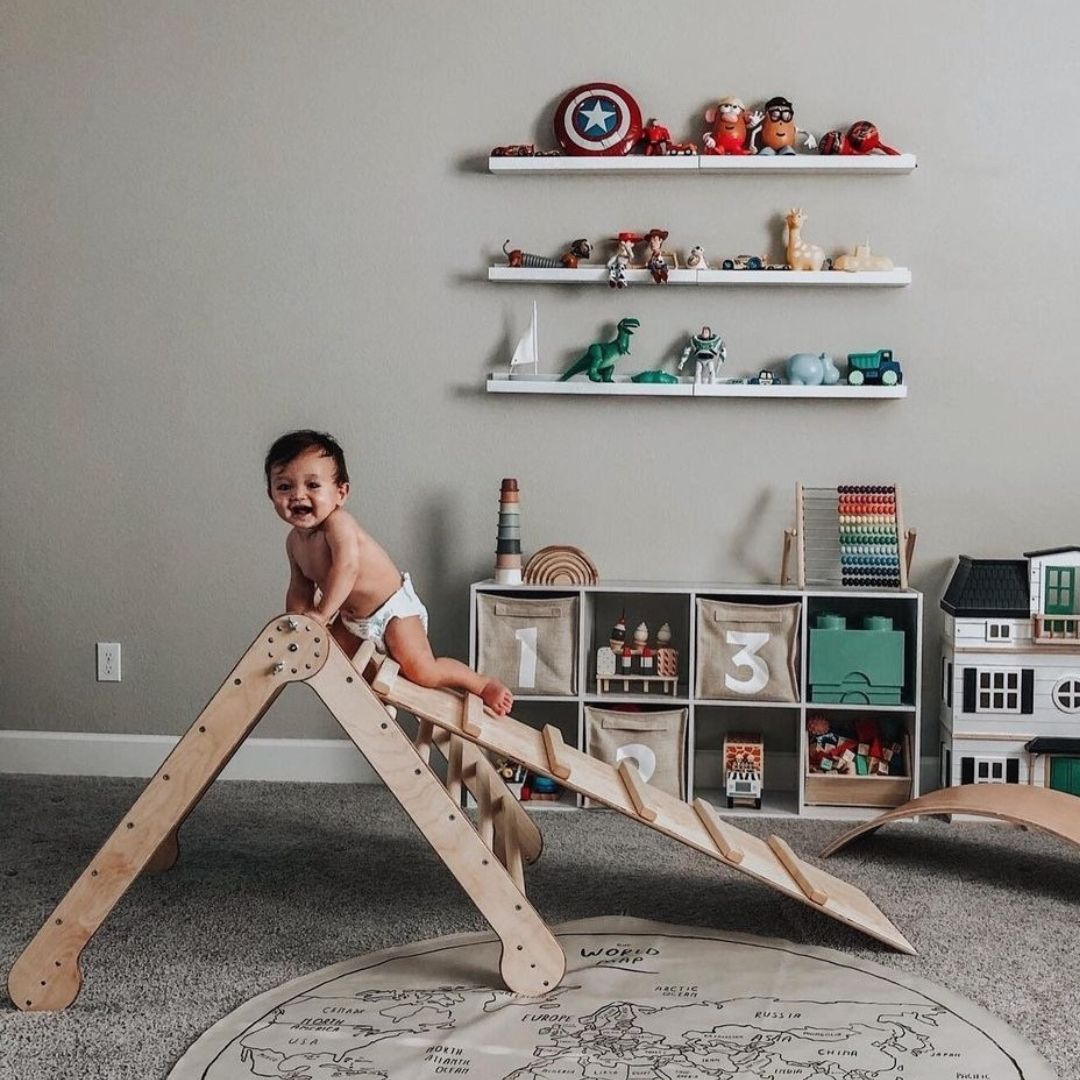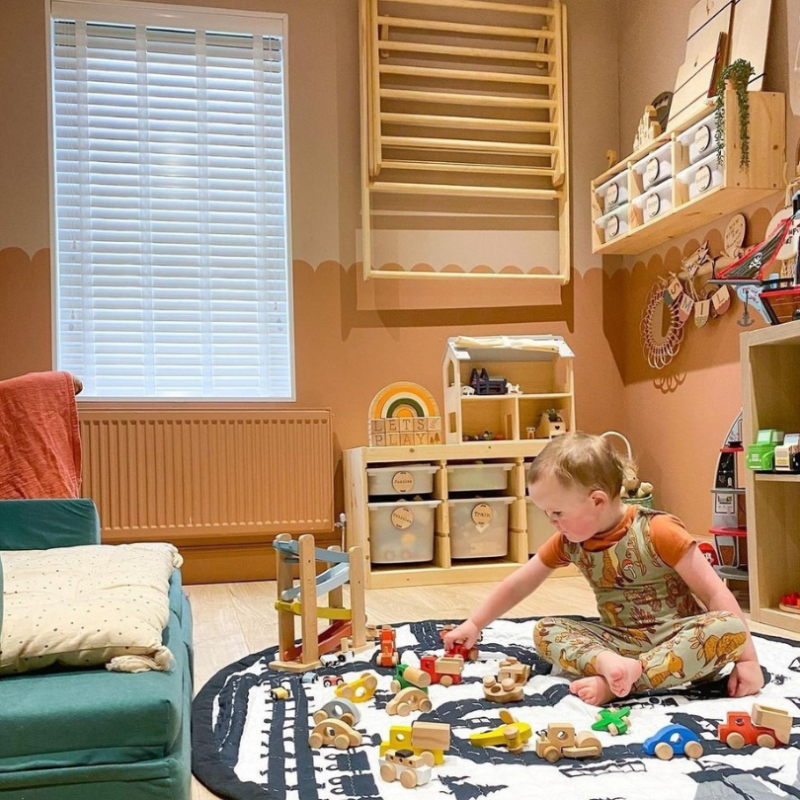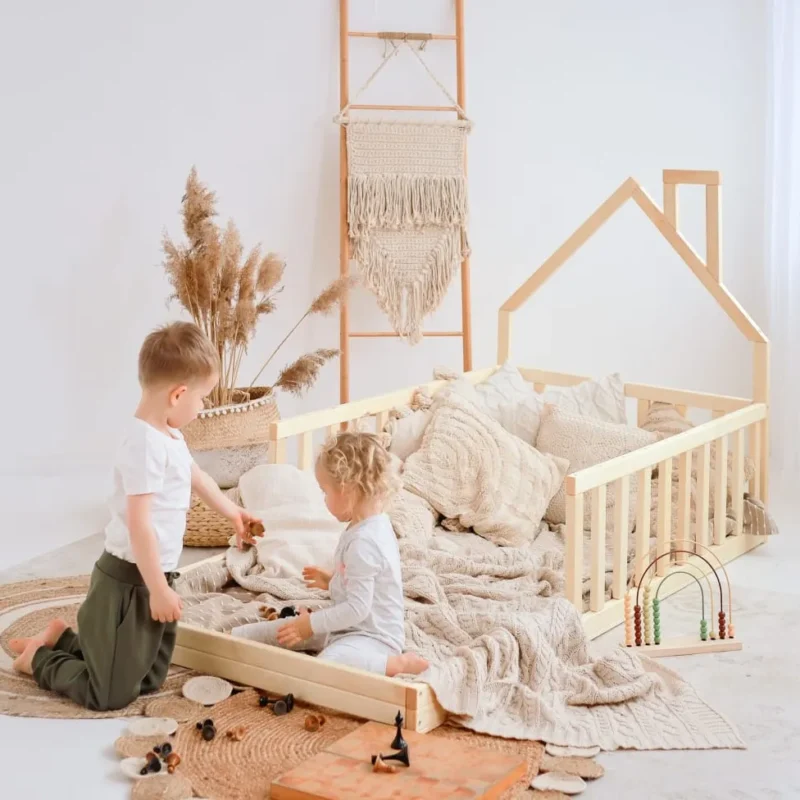Introduction
As parents, we’re always on the lookout for opportunities to nurture our children’s growth and development. In the quest to provide the best for our little ones, we often overlook the simplest and most natural activities that can have a profound impact on their well-being. Enter toddler climbing toys – a gateway to a world of benefits that go far beyond play. In this article, we’ll delve into why climbing toys like Pikler triangles, Square Gyms, Montessori-inspired rockers, and climbing arches are essential additions to your child’s playroom.
1. Physical Development
Toddlers are bursting with energy, and climbing toys provide an excellent outlet for them to channel that vitality.
- Fine and Gross Motor Skills: Climbing encourages the use of both fine and gross motor skills as toddlers grip, balance, and coordinate their movements while scaling these toys. This promotes muscle development and balance.
- Strength and Coordination: Climbing helps build upper body strength, core stability, and hand-eye coordination. These skills are essential for various physical activities and are a foundation for healthy growth.
- Spatial Awareness: Climbing challenges toddlers to assess their environment and make decisions about where to place their hands and feet. This enhances spatial awareness, a crucial skill for navigating the world around them.
2. Cognitive Development
The act of climbing isn’t just physical; it’s also a cognitive workout.
- Problem Solving: Climbing toys present challenges that require problem-solving. Toddlers learn to plan their route and make decisions about how to reach their goal safely.
- Risk Assessment: Climbing teaches children to assess risks and make choices based on their capabilities. This valuable skill can translate into decision-making abilities later in life.
3. Emotional Development
Climbing toys offer more than just physical benefits; they can also nurture emotional growth.
- Self-Esteem: Achieving a successful climb can boost a toddler’s self-esteem and confidence. It’s a tangible accomplishment that they can be proud of.
- Independence: Climbing allows toddlers to explore their limits and test their independence in a controlled environment. This autonomy fosters a sense of responsibility and self-reliance.
4. Social Development
Sharing climbing toys can also have a positive impact on social development.
- Sharing and Cooperation: If you have multiple children, climbing toys can encourage sharing and cooperation. Taking turns and helping each other climb can teach valuable social skills.
5. Montessori and Waldorf Philosophies
Many climbing toys are inspired by Montessori and Waldorf educational philosophies, which prioritize child-led, holistic learning.
- Natural Materials: These climbing toys are often crafted from natural, eco-friendly materials, ensuring they are safe for children and the environment.
- Open-Ended Play: Climbing toys support open-ended play, allowing children to explore and learn at their own pace while fostering creativity.
Conclusion
Investing in climbing toys like Pikler triangles, Square Gyms, Montessori-inspired rockers, and climbing arches is not just a decision to entertain your toddler; it’s a commitment to their physical, cognitive, emotional, and social development. These toys offer a multifaceted approach to learning that aligns with philosophies like Montessori and Waldorf, emphasizing natural materials and child-led exploration. So, when you see your little one conquering that climbing challenge, remember that they are also conquering crucial life skills that will serve them well on their journey to adulthood. It’s more than play; it’s an investment in their future.



